Search
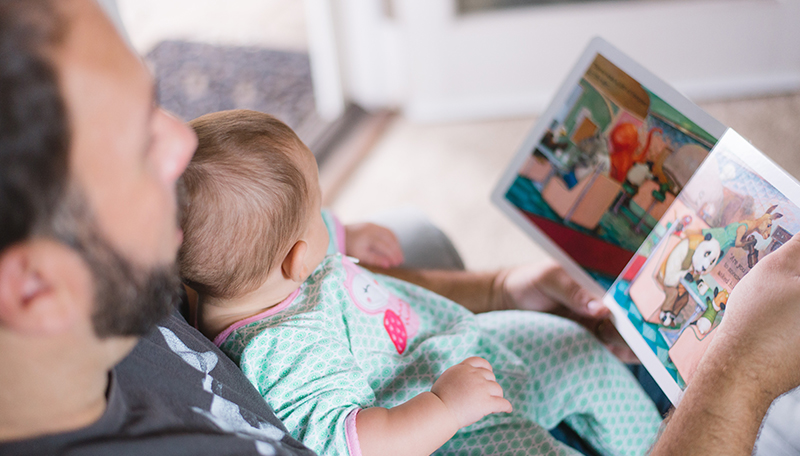
Reading to your child is one of the easiest, most enjoyable activities you can do as a parent or caregiver.
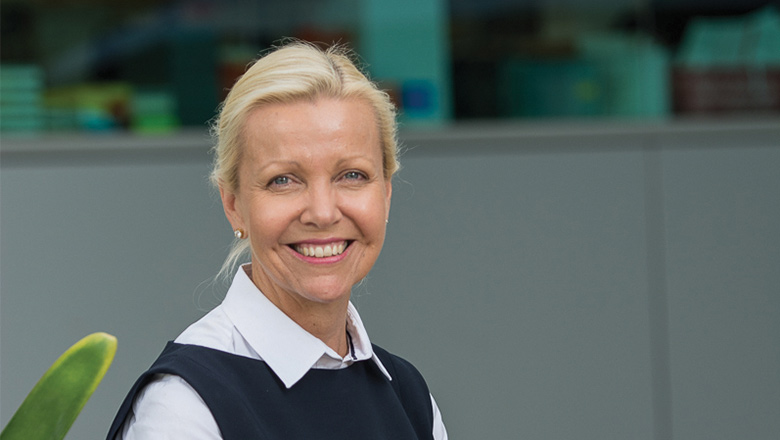
Leading child health researcher Professor Donna Cross has been appointed as Director of the new Early Childhood Development and Learning Collaboration, hosted b
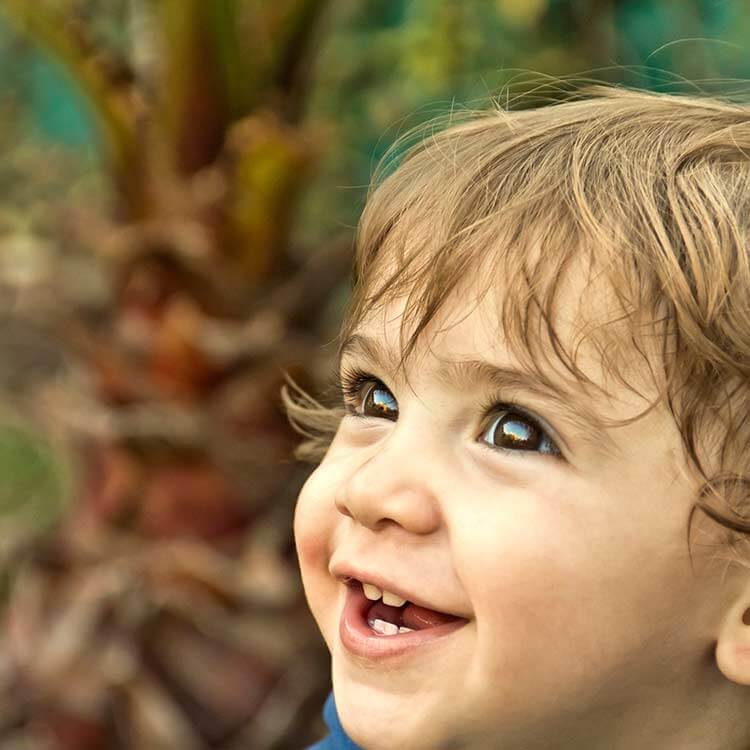
The Kids has congratulated Andrew & Nicola Forrest on their visionary commitment to develop a new blueprint for optimal child development in Aust & beyond.
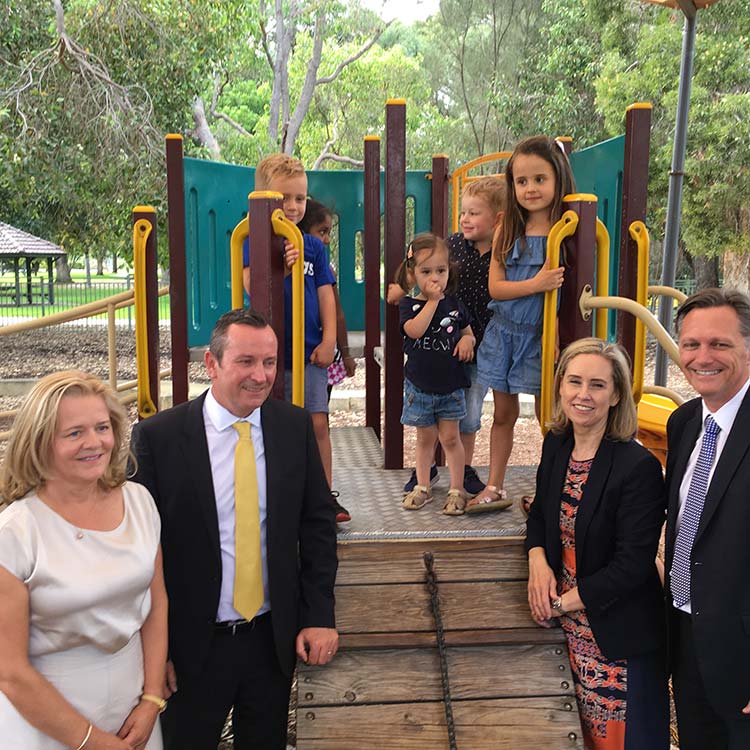
Minderoo Foundation and The Kids Research Institute Australia are proud to partner with the Western Australian Government on an unprecedented $49.3 million commitment to
The Early Human Capability Index is a holistic measure intended to capture early child development across diverse cultures and contexts.
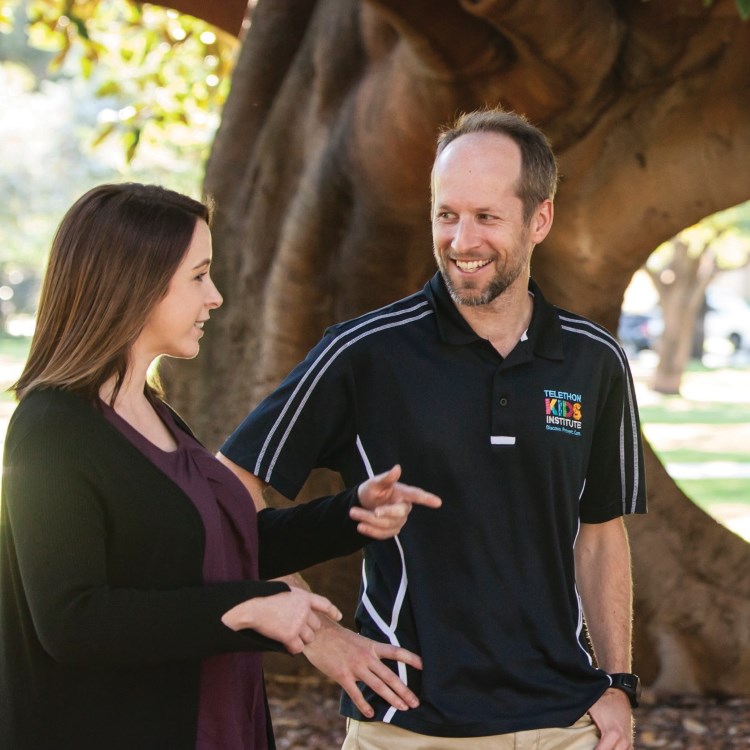
Child health and development researchers are increasingly turning to Western Australia's extensive population datasets for their ground-breaking work.
We know that place, location, and geography can all influence health, wellbeing, and disease, and thus are important factors in policy development and service planning.
A problem that applied researchers and practitioners often face is the fact that different institutions within research consortia use different scales to evaluate the same construct which makes comparison of the results and pooling challenging.
Most support programmes for Autistic children are available only after they are diagnosed. Research suggests that parenting supports may be helpful for parents and their infants, when provided in the first 2 years of life - before a formal diagnosis is given, but when information suggests an infant is more likely to be Autistic. However, we do not know how acceptable these types of supports might be to the Autistic and autism communities.
Parent-child interactions (PCI) in infants with an elevated likelihood (EL) of autism start to diverge from other infants toward the end of the first year. This divergence is often attributed to emerging features of autism impacting infant social interactions in ways that become increasingly amplified. The aim was to identify which, if any, 12-month autism features were associated with later PCI qualities.
